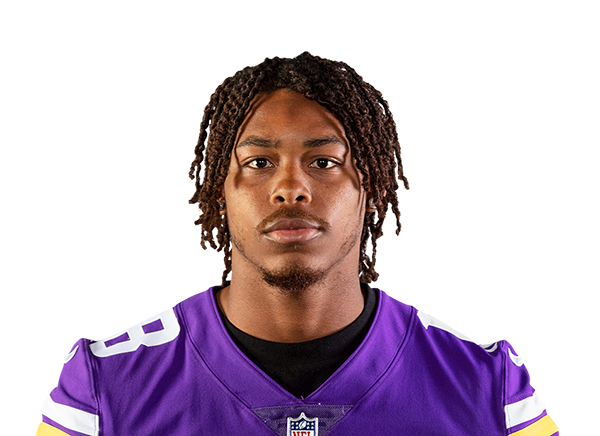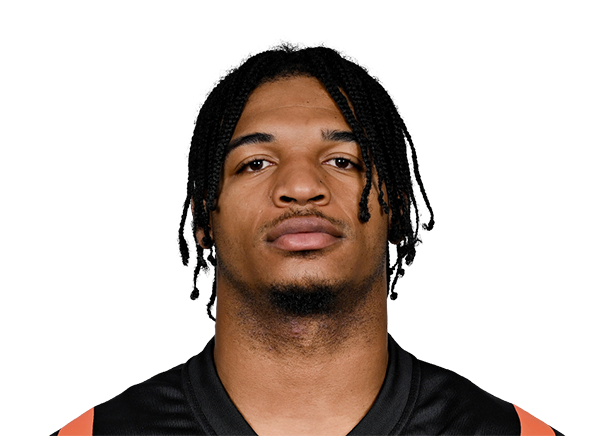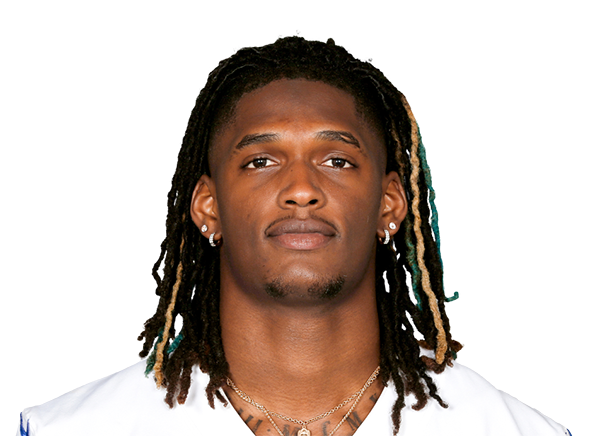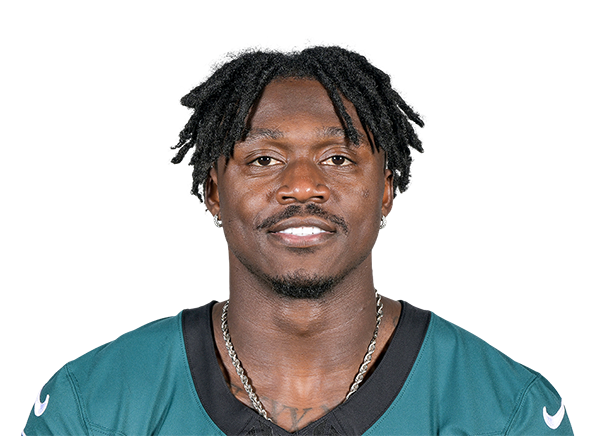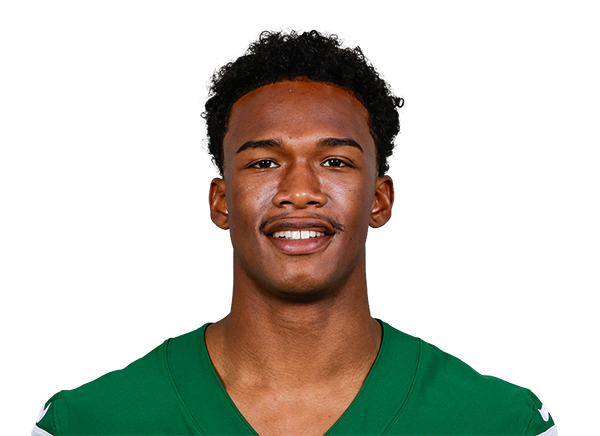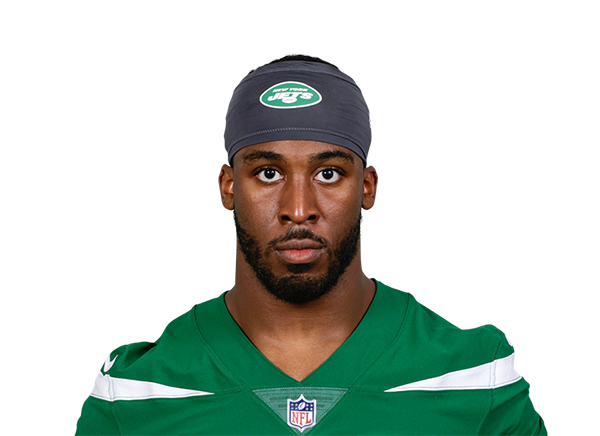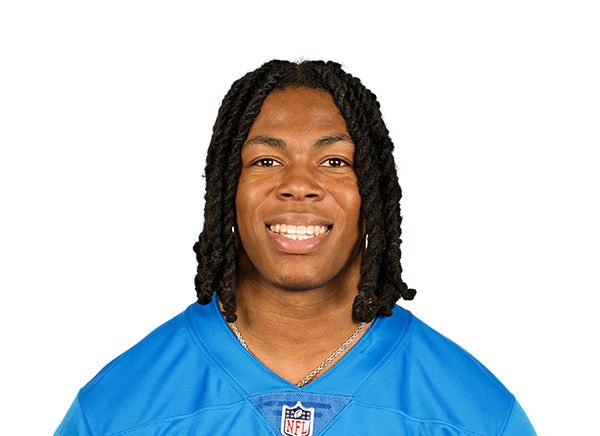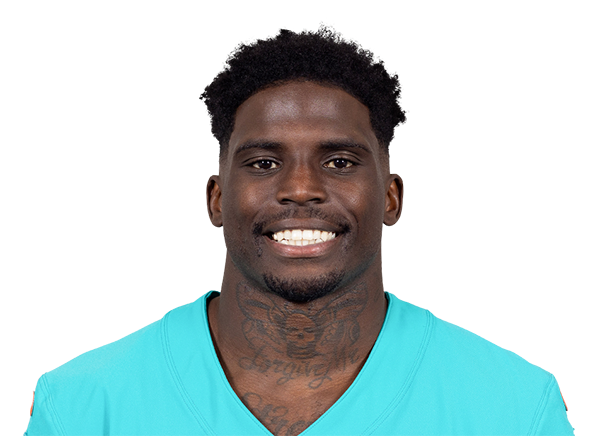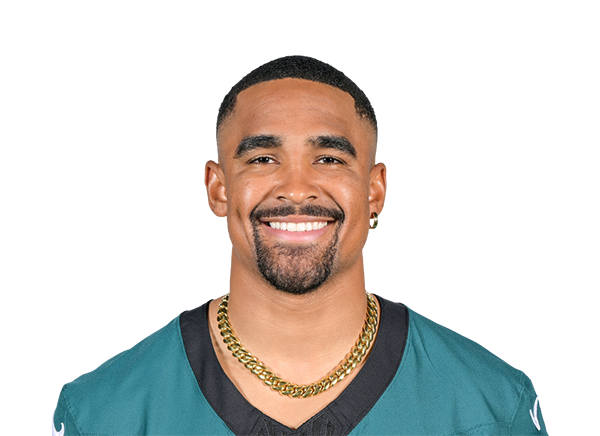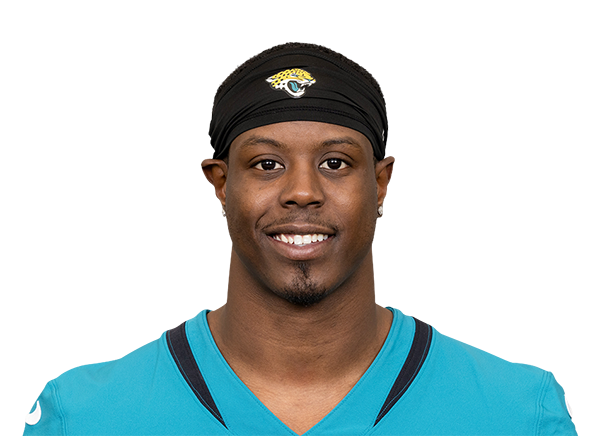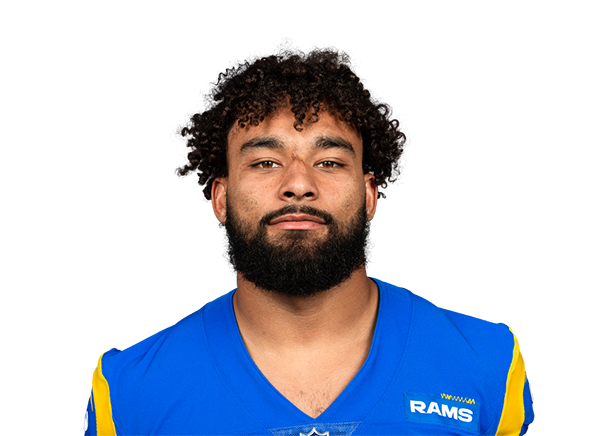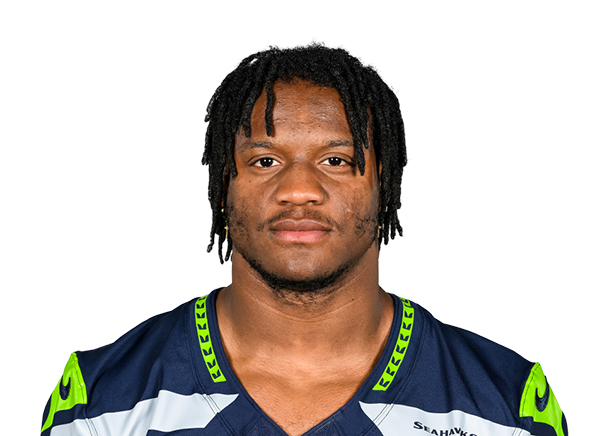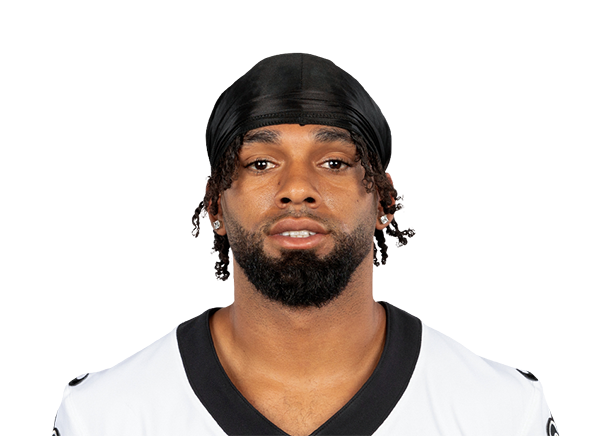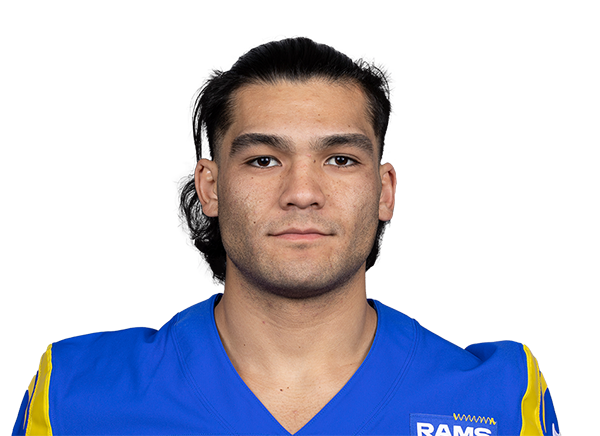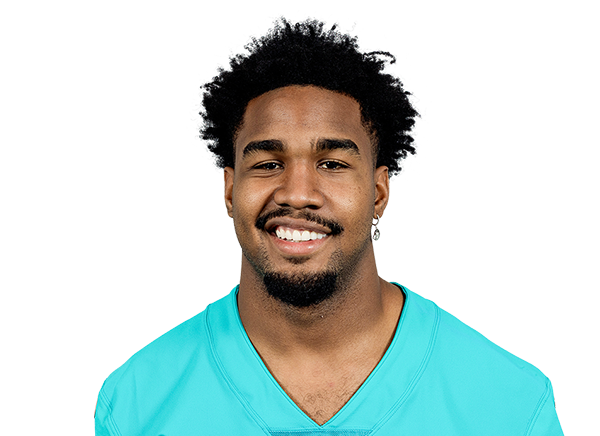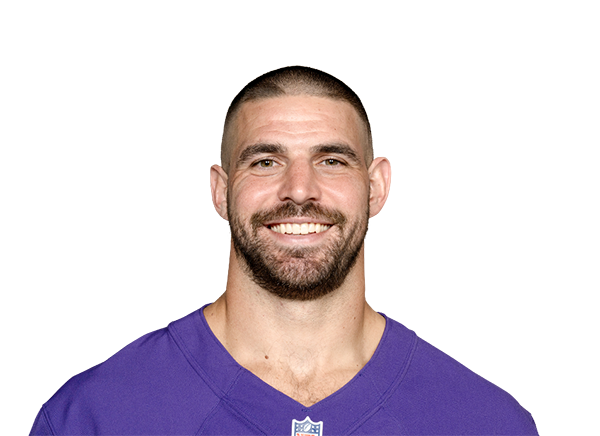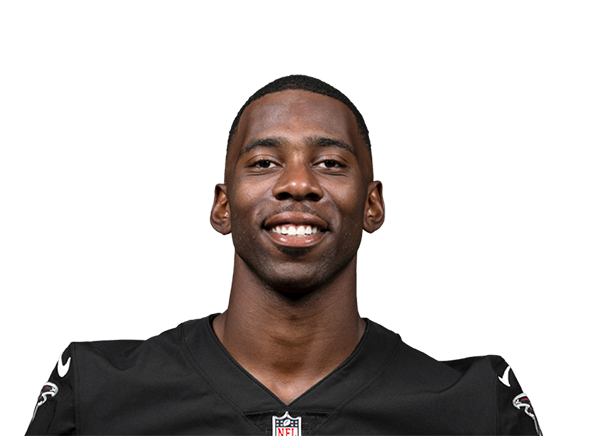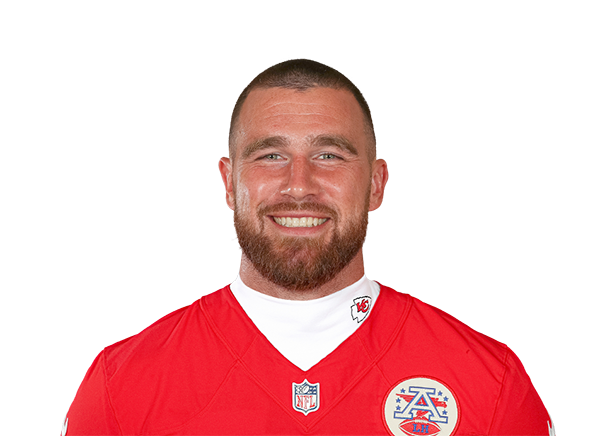Dynasty Debate: Travis Kelce vs Rob Gronkowski
This installment of the Dynasty Debate series pits the top two tight ends in August’s ADP against each other, as Steve Gill goes to bat for Travis Kelce, while I defend Rob Gronkowski.
The Case for Travis Kelce – Steve Gill
[am4show have=’g1;’ guest_error=’sub_message’ user_error=’sub_message’ ]
There’s no denying that on a game-to-game basis, nobody would want any tight end other than Gronkowski. His per-game production (and history of repeating such) is unparalleled at the position. When he plays, he provides a tremendous positional advantage. The problem is that he cannot realistically be relied upon to stay healthy.
There’s many ways you can spin injury stats. One could say that Gronkowski hasn’t played a full season since 2011 and another could say that he’s played in double-digit games in all but two years. Both of these statements would be true. Still, “very troubling” is probably the most favorable way you can accurately depict his injury history. Per ESPN, Gronk’s had surgery a staggering nine times since his final college season.
On the other hand, Kelce’s injury record isn’t sterling, but it’s about as good as you can ask for out of a tight end. He missed 2013 with a fractured knee patella, but otherwise, there’s been nothing serious. His body has held strong through three consecutive seasons of considerable workloads and doesn’t show any signs of breaking down anytime soon.
Oh yeah, the Chief has also produced his fair share: In 2016, Kelce combined efficiency with volume to lead tight ends in scoring despite being targeted less than three other ends. After just four touchdowns added to that tally, it’s quite plausible for him to improve on that mark in 2017, too.
As Tyreek Hill ascends, it will only be more difficult for defenses to defend Kelce. Both Hill and Kelce are walking mismatches, so effectively controlling both (let alone just one of them) will be near-impossible. It’s pretty easy to trust Andy Reid, one of football’s best offensive minds, to put these two lethal weapons to great use.
Another angle from which to look at the situation is future outlook: It’s much easier to rely on Kelce to produce than Gronkowski in 2018 and beyond. Though Jimmy Garoppolo has proved promising in his small selection of play, there’s little certainty to what becomes of the Patriots passing game once Tom Brady retires.
Meanwhile, the Chiefs will likely have Alex Smith through 2018 (at which point they can probably keep him around even longer if they so choose). Only Patrick Mahomes (and injury, no more likely for Smith than Brady) can keep Smith from taking snaps before that point. In such a scenario that’d mean that Mahomes had already overtaken Smith, meaning that Kelce’s surroundings improve. Garoppolo could take off, but he could also flop; Kansas City offers a much better quarterback floor, where Smith stays at the helm if Mahomes isn’t ready to take over.
If choosing between Gronk and Kelce purely out of luxury, perhaps you’d want to go with the Patriot. He offers positional advantage that Kelce can’t quite provide and has displayed for the better part of a decade that he can continuously dominate. However, a tight end luxury pick is unheard of. There are few approximately-sure things at the position and Kelce is the best of those few. The arrows are pointing sideways or up in every category while he enjoys quite a high floor in Kansas City. The only foreseeable circumstances that hinder Kelce could happen to anyone.
The Case for Rob Gronkowski – Joseph Nammour
As recently as two years ago, Rob Gronkowski was a first-round dynasty startup pick. While on the field, he has done nothing but live up to that billing.
The reason he has fallen to where he currently lies is because of his injury history. Gronk isn’t for dynasty players with an aversion to risk. However, he’s played at least 15 games in four of his seven seasons, and has been one of the most unstoppable forces while on the field.
Excluding his rookie season, every time Gronk has played 15 games or more, he’s seen over 100 targets and eclipsed 1,000 yards and ten touchdowns. Every time he’s played double-digit games in a season, he’s scored double-digit touchdowns. He’s a more certain producer than any other tight end in football, except for maybe Jordan Reed – who is probably one concussion away from retiring. Gronk’s the best tight end in the game, and it’s not close.
Kelce is, unquestionably, one of the best tight ends in the NFL. However, while his floor is safe, his ceiling doesn’t rival Gronk’s. Kelce has 14 career touchdowns across 49 career games (0.29 per game), while Gronk has 69 in his 88 games (0.78 per game). Gronkowski also has a single season to his name with more receiving touchdowns than Kelce has in his entire 49-game career. I like to target safe floors with monster upside when possible, and Kelce only provides one of those two.
But the scary thing about a player that has absolutely dominated since entering the league is that, at age 27 last year, he was the best he’s ever been. He’s always been a matchup nightmare, getting open at will and shedding tacklers after the catch; he’s never averaged fewer than 13.0 yards per reception in any season. However, last year, Gronk was otherworldly. His yards per reception mark of 21.6 was the best in the league by far, besting second-place DeSean Jackson by nearly four yards per catch. A healthy season from Gronk at that rate would probably be the best by any player at the position in history.
Although Gronkowski has been in the league for seven seasons versus Kelce’s three (four, counting his rookie season that he completely missed), he’s just five months older than Kelce. Their startup ADP’s are converging, and they’re now less than a round apart.
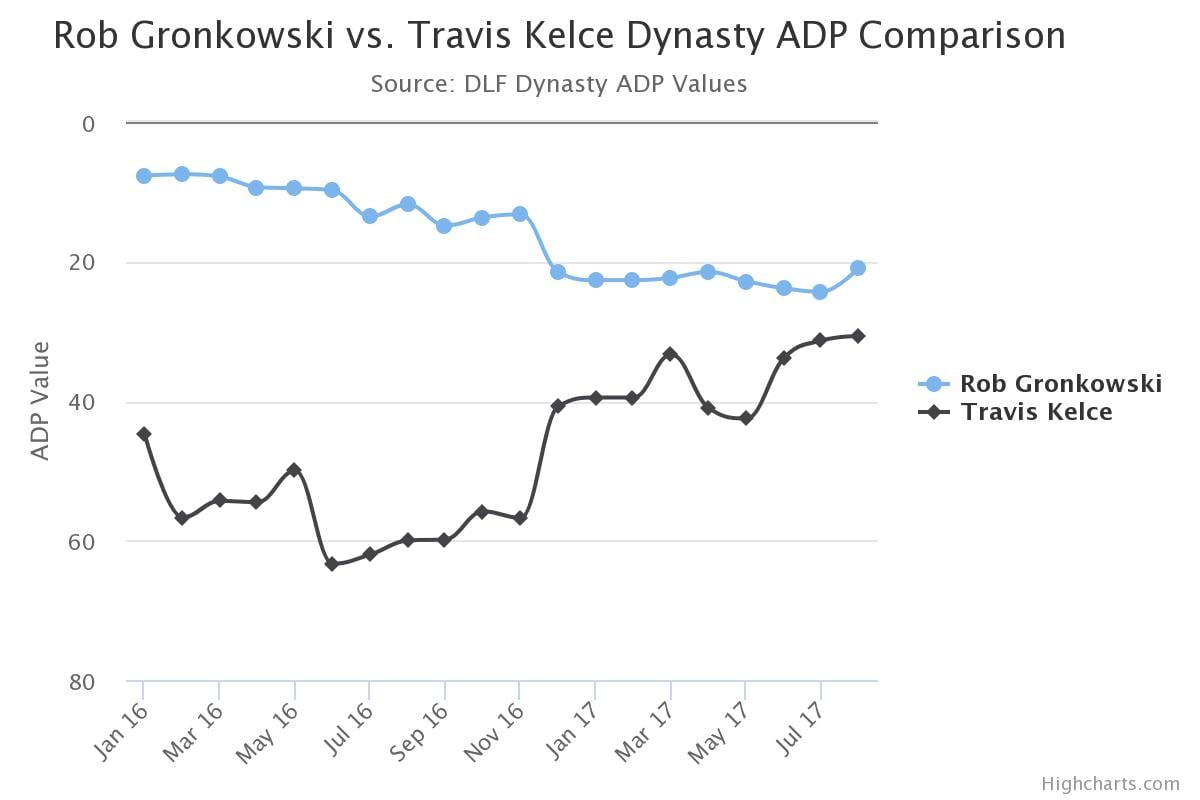
While Gronkowski has been a top-ten asset before, Kelce’s value is probably peaking – if it hasn’t already.
Gronk might be the most dominant player at his position to ever play the sport. The injury concerns are legitimate, but a healthy Gronk gives you a matchup advantage unlike any other player at any other position. And having Gronkowski as your primary tight end on your roster doesn’t mean you’re forced to take a zero at the tight end spot if he misses time.
Because tight end fantasy scoring is heavily reliant on touchdowns, and touchdowns are inherently hard to predict, we want players that are guaranteed to see volume. Gronk is one of those players. Back him up with a low-cost player that sees moderate volume – someone like CJ Fiedorowicz – and coast to victory.
[/am4show]
- Preseason Week One Dynasty Takeaways: Part Two - August 18, 2021
- Preseason Week One Dynasty Takeaways: Part One - August 18, 2021
- 2021 Rookie Class: An Early Look at Terrace Marshall, WR LSU - January 26, 2021
















